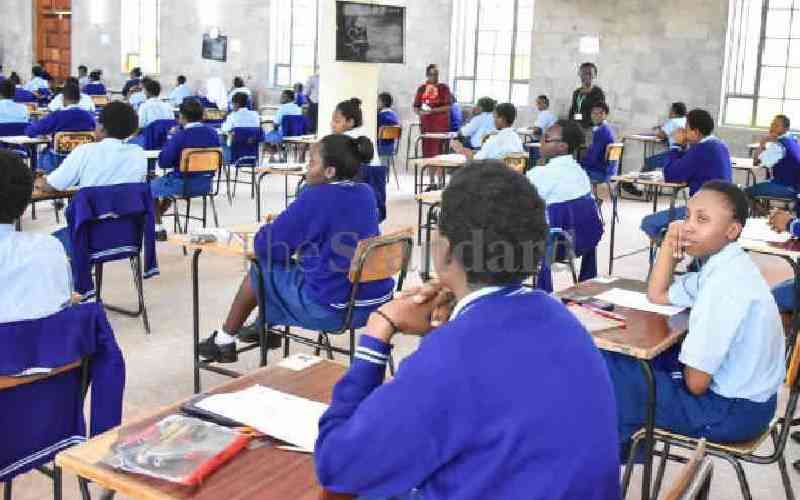×
The Standard e-Paper
Smart Minds Choose Us

The New Year brings little cheer for parents who face a relentless uphill battle preparing their children for the new school term.
As schools reopen tomorrow, the excitement of fresh beginnings has been overshadowed by skyrocketing costs, logistical nightmares, and unrelenting demands from both schools and government policies.